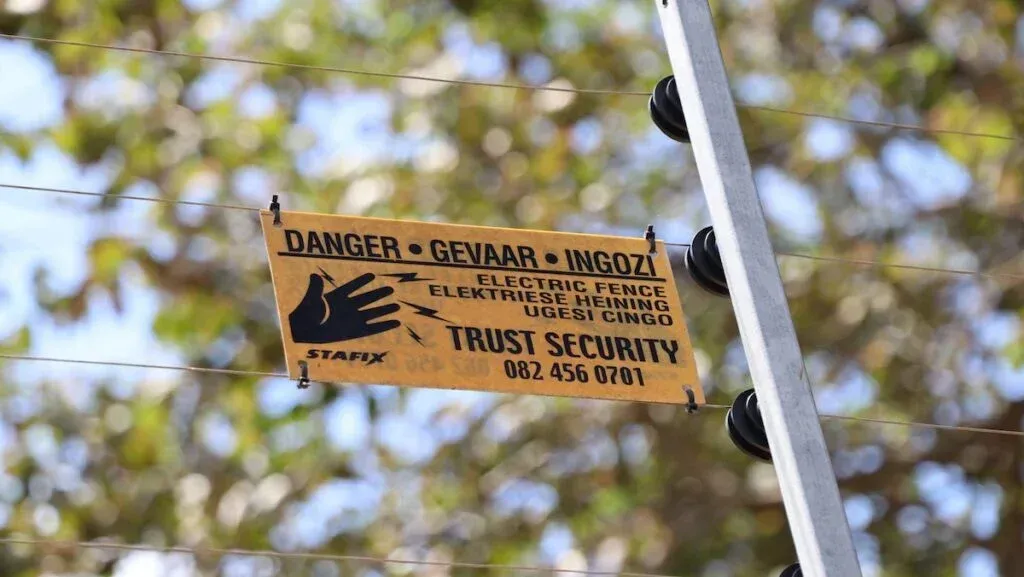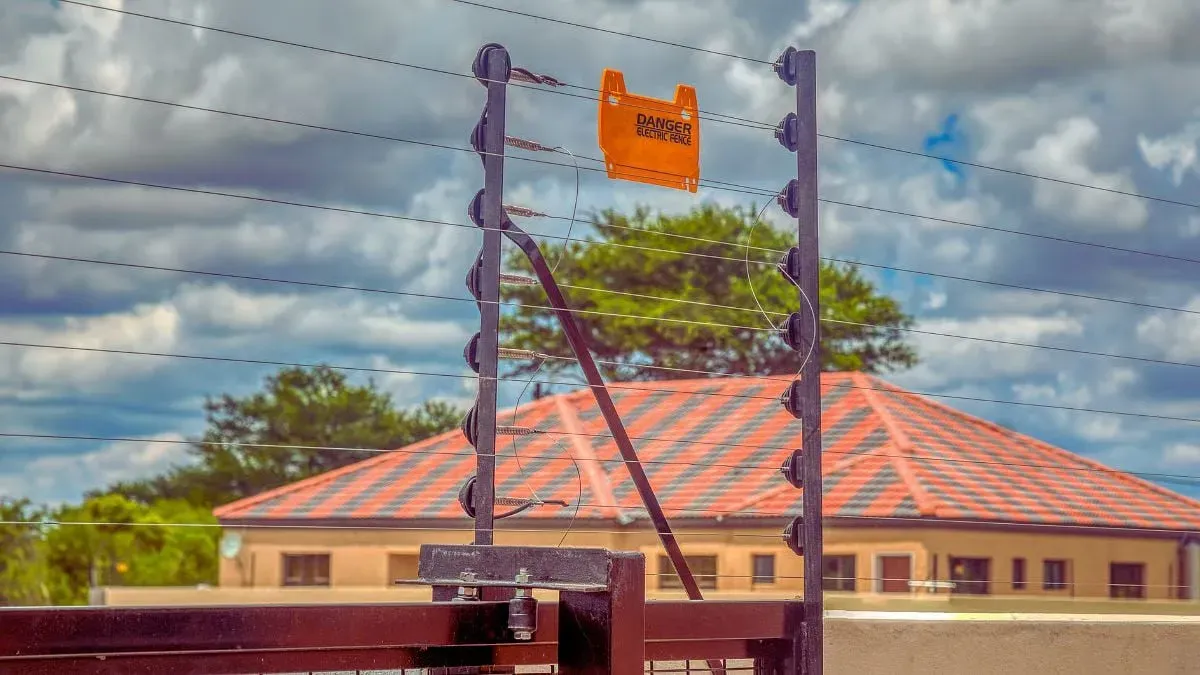Criminals are targeting these homes in South Africa
Homeowners are being warned that repeat break-ins are on the rise in South Africa, with criminals returning for replaced valuables or things they could not steal the first time.
This is the message from Youlon Naidoo, the executive head for Claims and Procurement from Miway Insurance.
He noted that burglars are increasingly returning to homes they have already broken into, knowing that valuables such as electronics have likely been replaced and that they already understand the property’s weaknesses.
According to the South African Police Service (SAPS), more than 36,000 burglaries at residential premises and over 12,000 common robberies were reported in just the first quarter of 2025.
While these figures have declined marginally year over year, residents’ sense of safety remains low, with the stats indicating there are roughly 400 burglaries a day.
“This all contributes to an overwhelming sense that the victim’s home is no longer theirs,” said Naidoo. “If your home has been targeted, it’s time to take your power back.”
He outlined several reasons why burglars return:
- They may have seen something they couldn’t carry during the first break-in;
- They now know exactly how to bypass the home’s defences;
- They assume that replaced goods will be of similar or even higher value; or
- They may simply believe their initial intrusion went unchallenged, giving them confidence to return.
Charnel Hattingh, Group Head of Marketing and Communications at Fidelity ADT, added that criminals are increasingly focused on portable electronic devices such as laptops, phones, iPads, and tablets.
“Criminals are becoming more brazen and using different tactics to lure residents out of their homes,” she said.
“We urge residents to remain vigilant. When you leave your house to go for dinner or to watch sport, make sure that you arm your alarm.”
Hattingh also warns that most of these crimes are opportunistic and time-sensitive. “If your perimeter is not secure, criminals are taking advantage.”
“The suspects are quick, getting in and out within minutes. If they can’t get into your house or business, they take what they can from your property or from your parked cars.”
The first 10 days are critical

Durban, South Africa – 6 December 2020: A yellow warning placed on an electric fence to signify to others the danger of touching the fence as crime increases in the country
The emotional impact of a repeat burglary can be long-lasting. According to Naidoo, victims often report persistent anxiety, a feeling of being watched, and the unsettling sense that their personal space has been permanently invaded.
“Even after significant investments in improved security systems, people struggle to feel truly safe in their own homes again,” he said.
If your home has already been burgled, taking immediate steps is essential to preventing another incident.
Naidoo stressed that the first 10 days are crucial. Reinforcing all entry points by replacing broken doors, windows, and locks is the first step.
Even if insurance processes take time, temporary measures like padlocks or security gates can make a big difference.
Homeowners are also urged to change all external locks, even if there is no clear evidence a key was taken, and to install visible deterrents like alarm signage, CCTV cameras, and motion-sensor lights.
Making the home appear occupied by leaving lights on timers, playing music, or asking a neighbour to park in your driveway, can also deter opportunistic criminals.
“Fixing any visible damage quickly is important,” said Naidoo. “A broken window sends a message that the house is vulnerable. Fast repairs show you’re alert, reducing the chances of becoming a repeat target.”
Reporting the break-in to local neighbourhood watch groups or WhatsApp crime alert forums helps raise awareness and encourages communal vigilance.
“Neighbours watching out for each other can deter repeat attacks,” Naidoo said. Community engagement is another vital line of defence.
It’s also important to inform your insurer of any new security measures. Insurance policies may require that alarms, beams, or gates be used for claims to remain valid.
“Check that your behaviour matches your policy requirements,” advised Naidoo.



